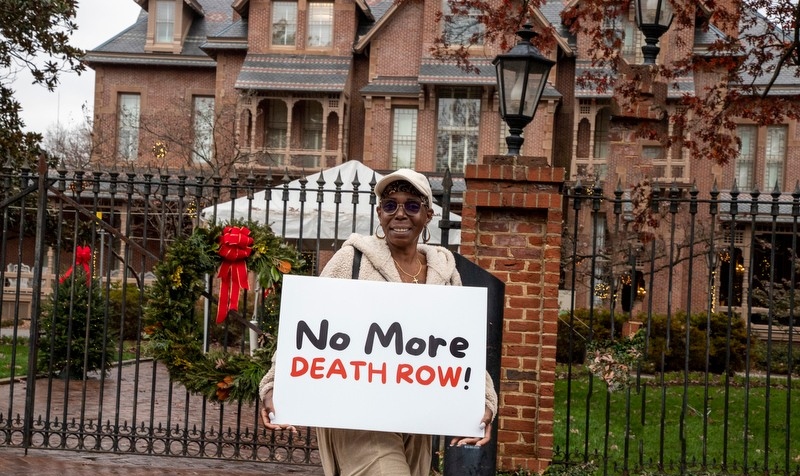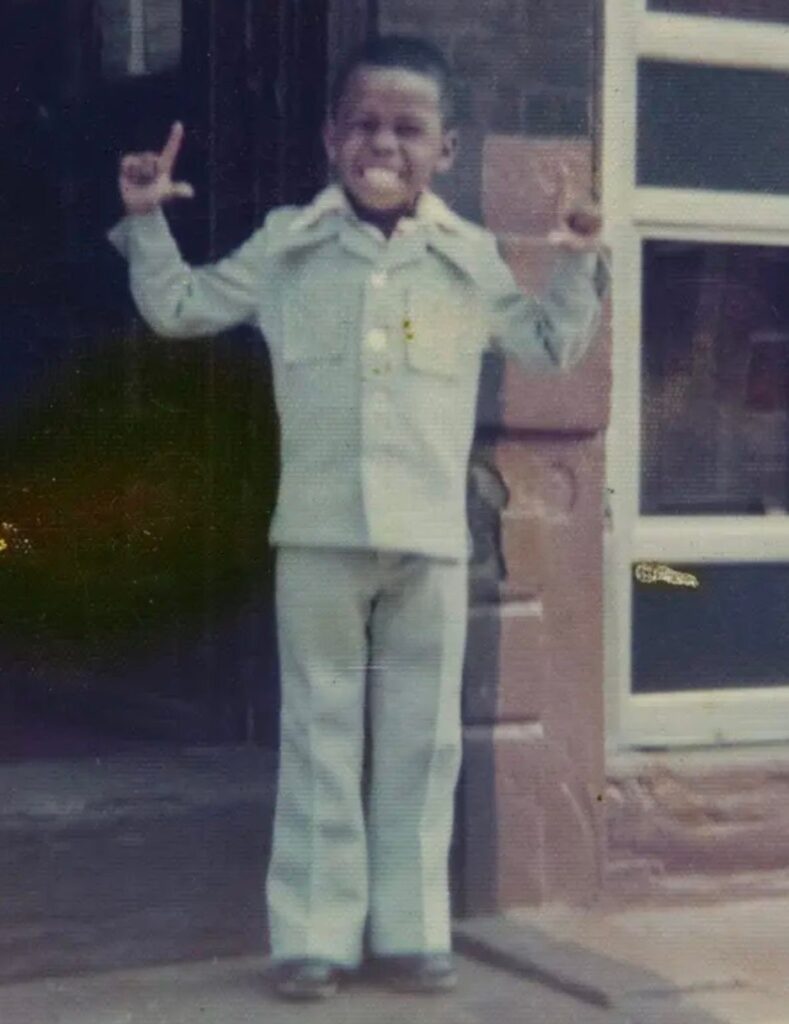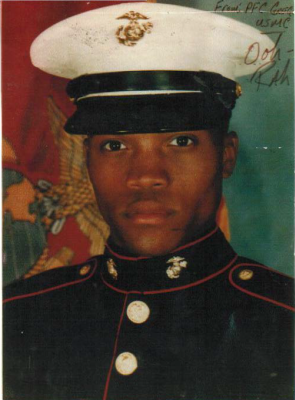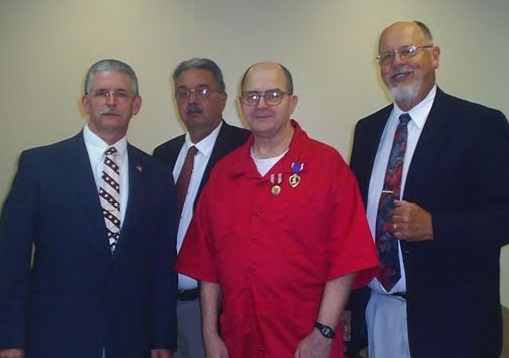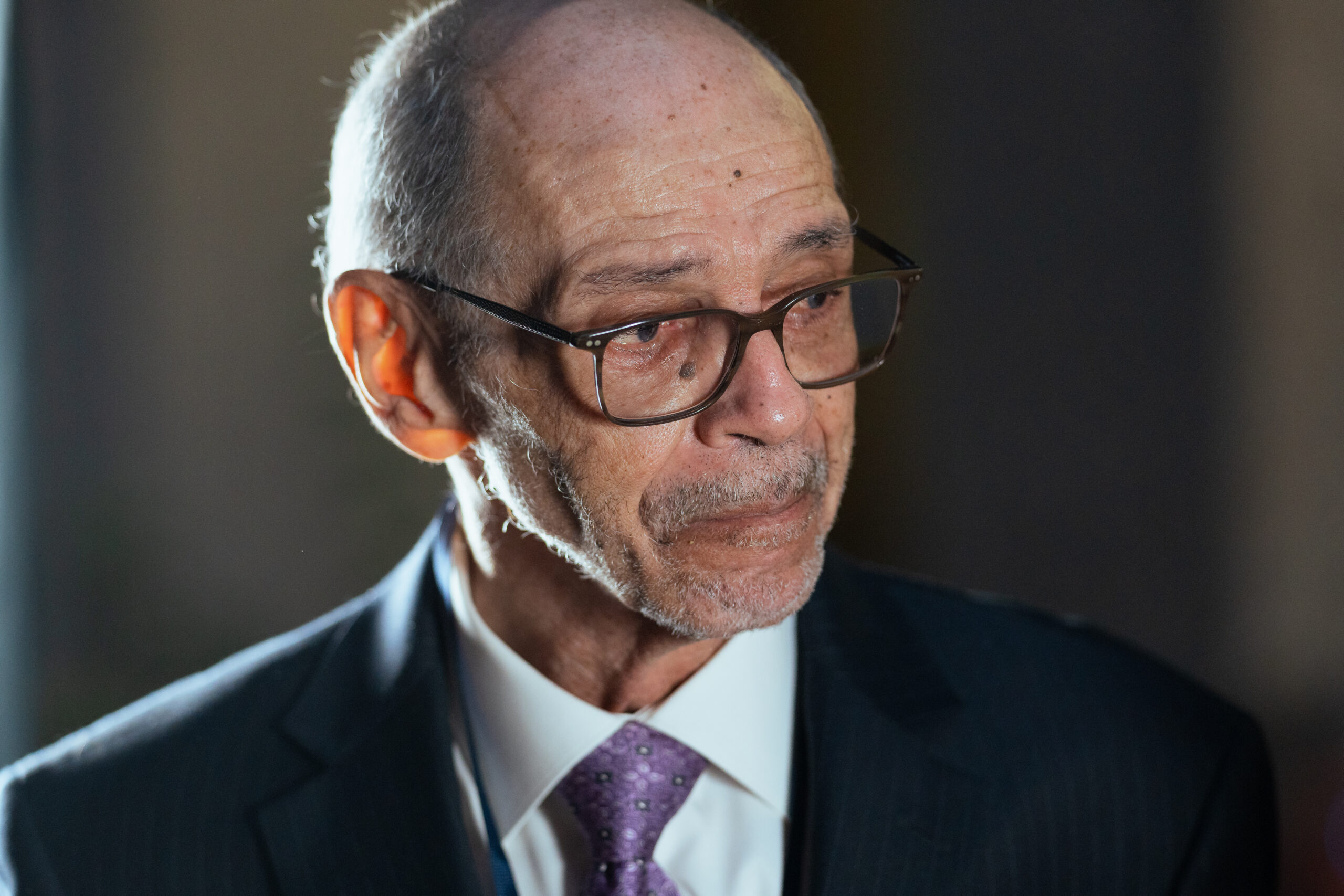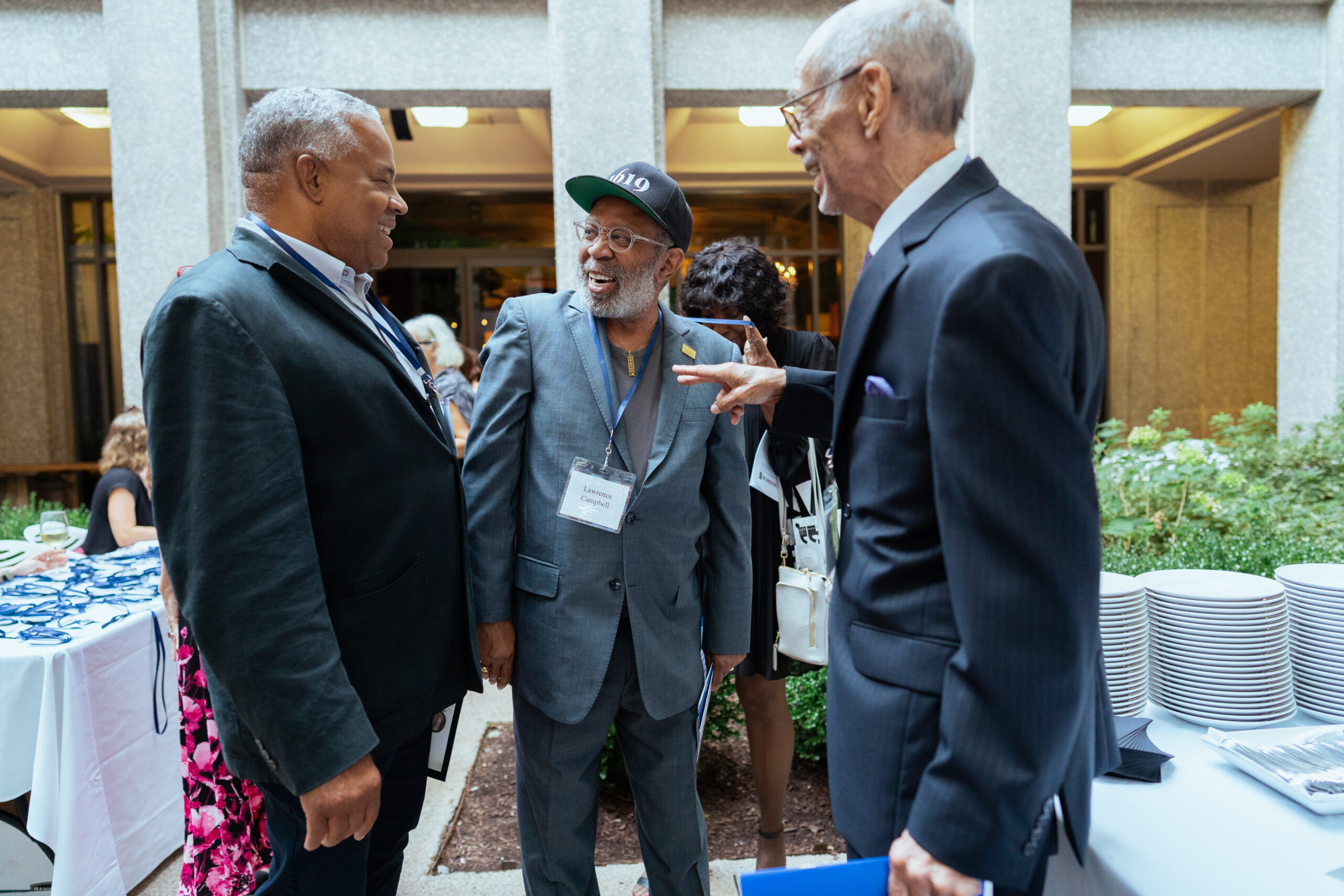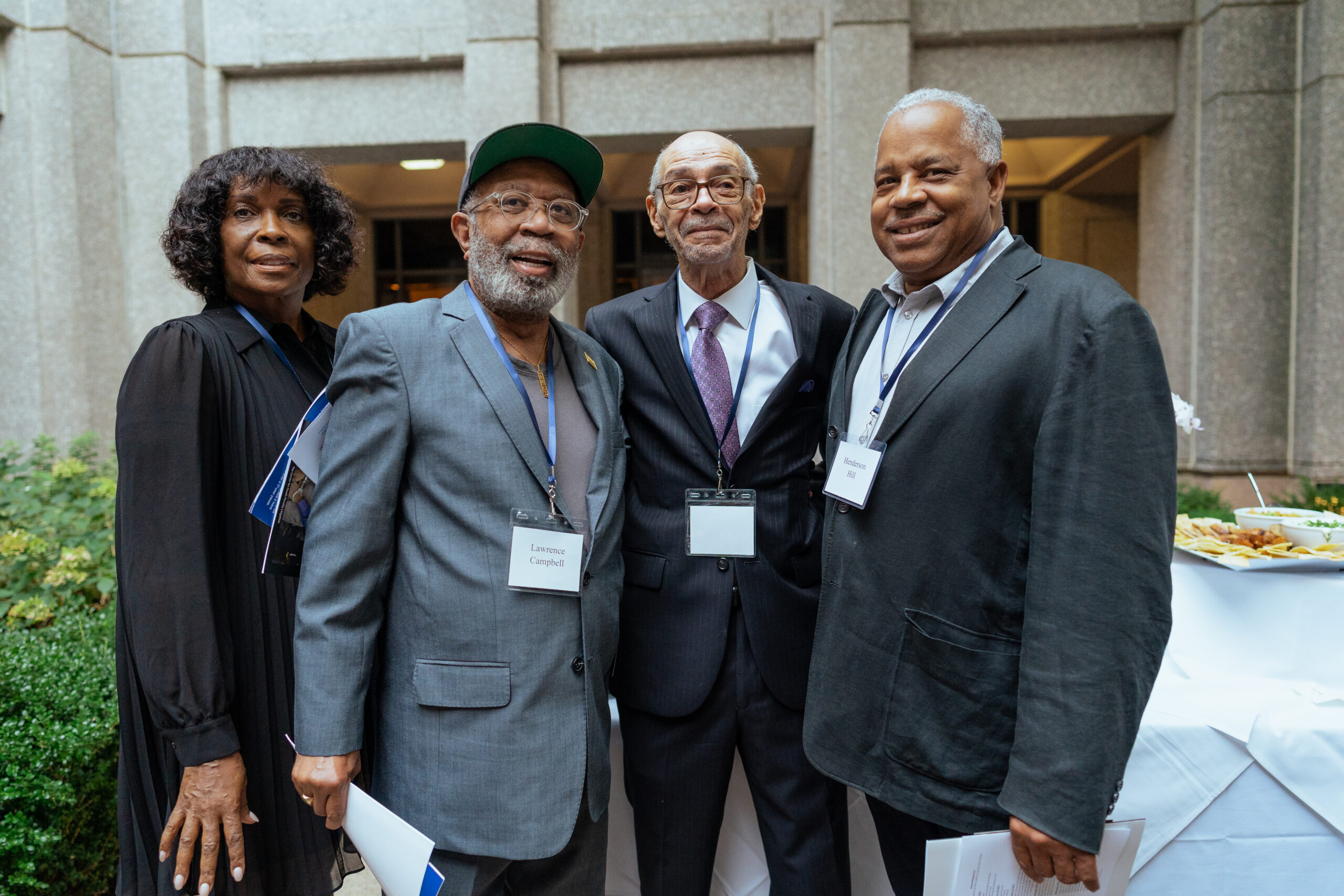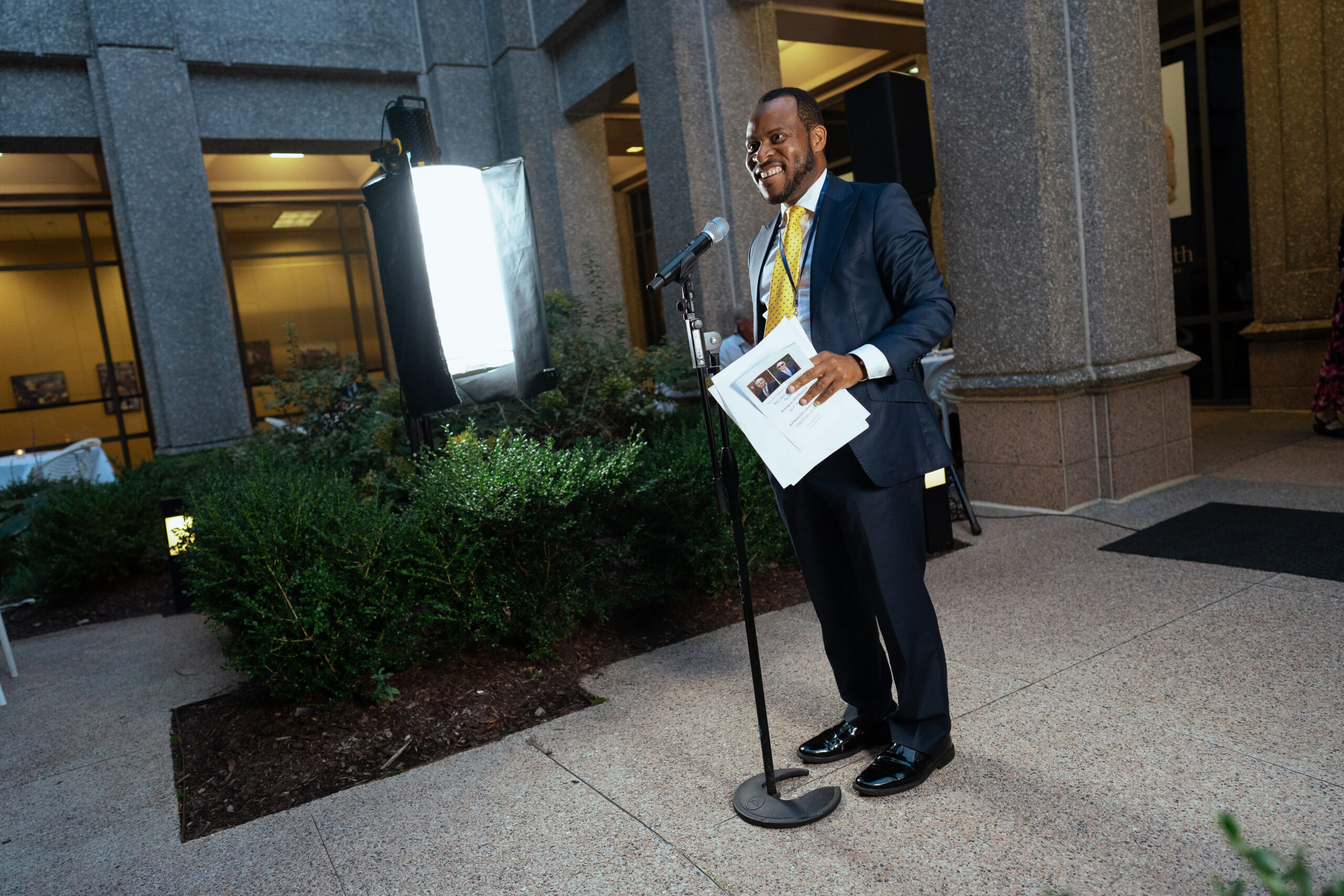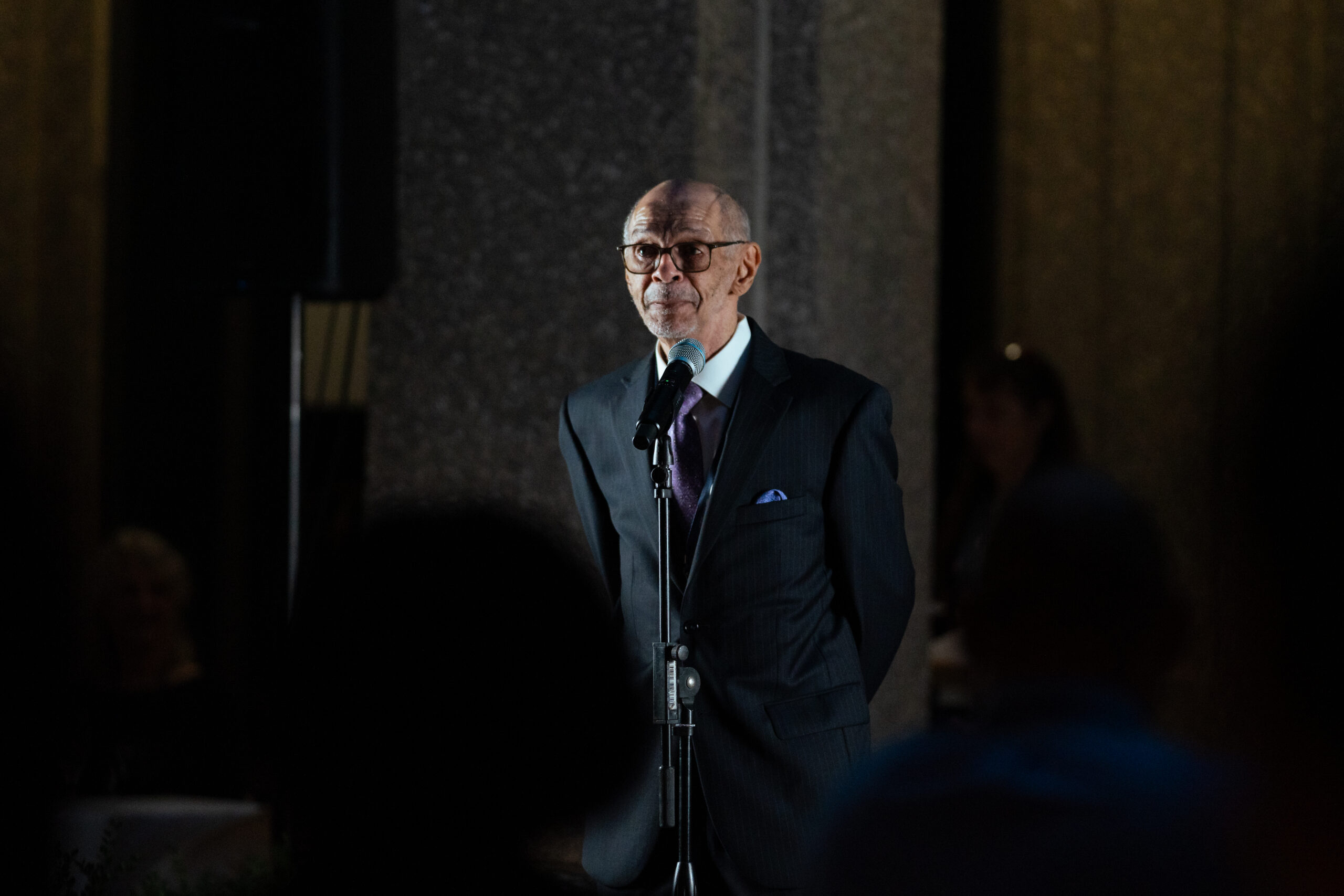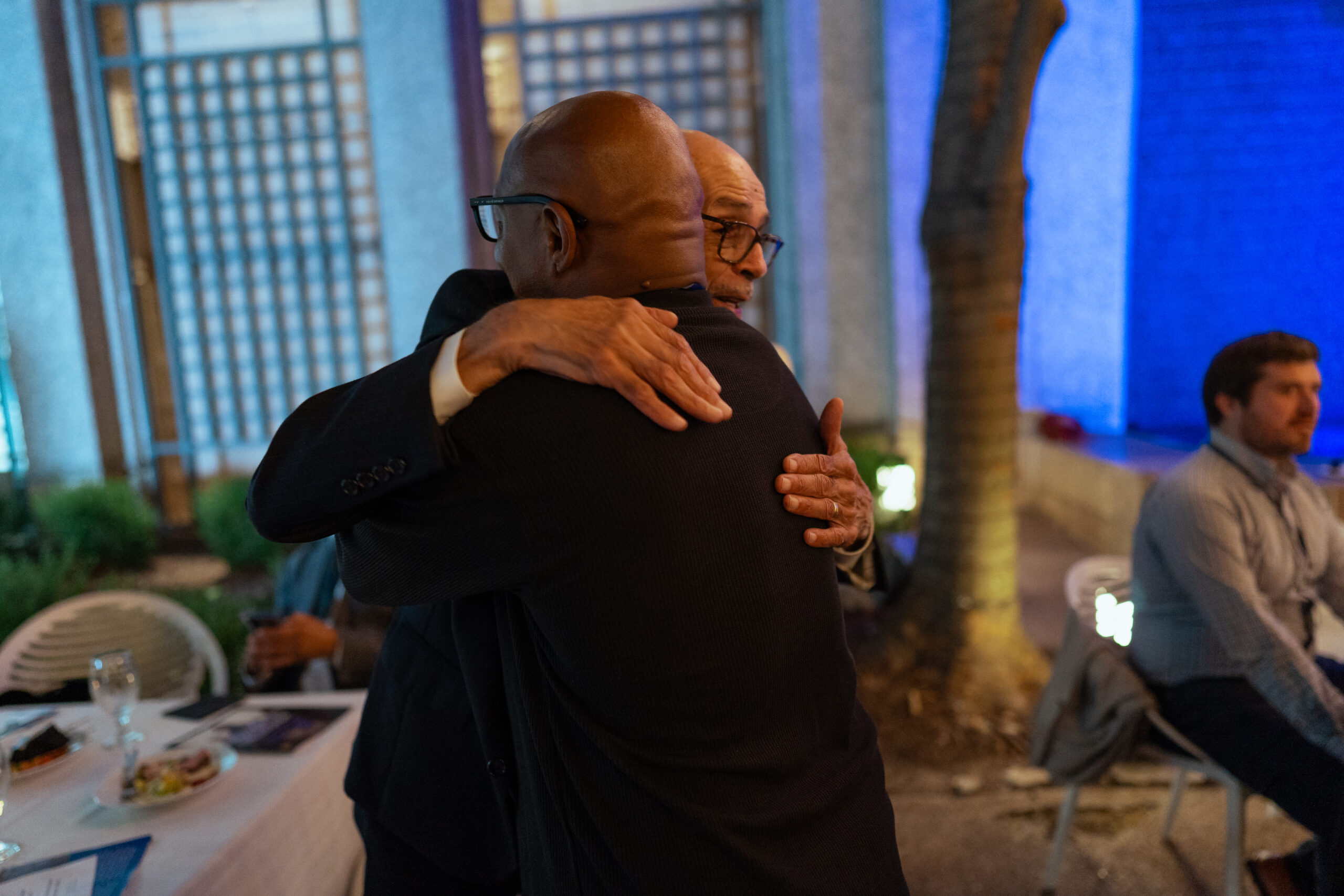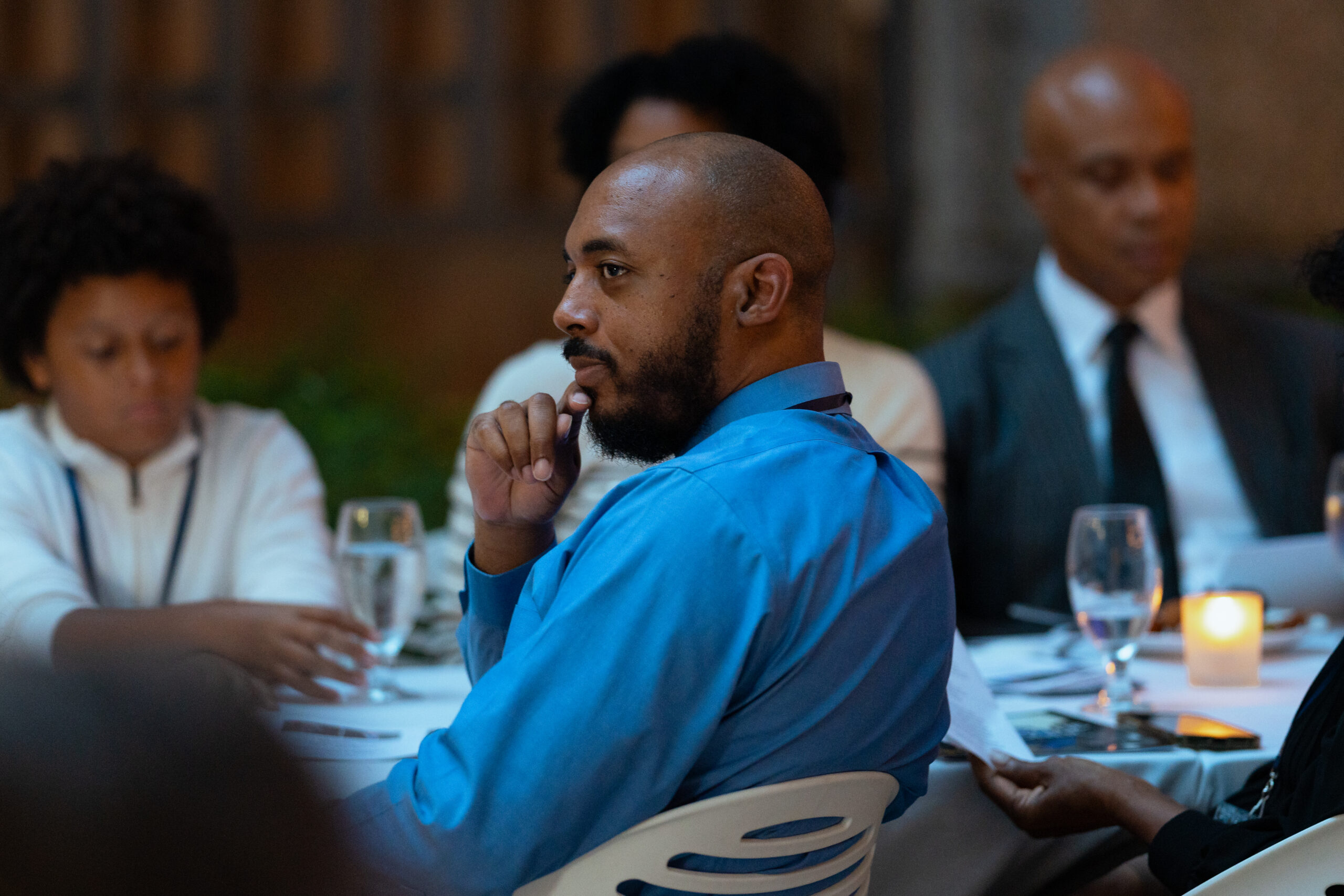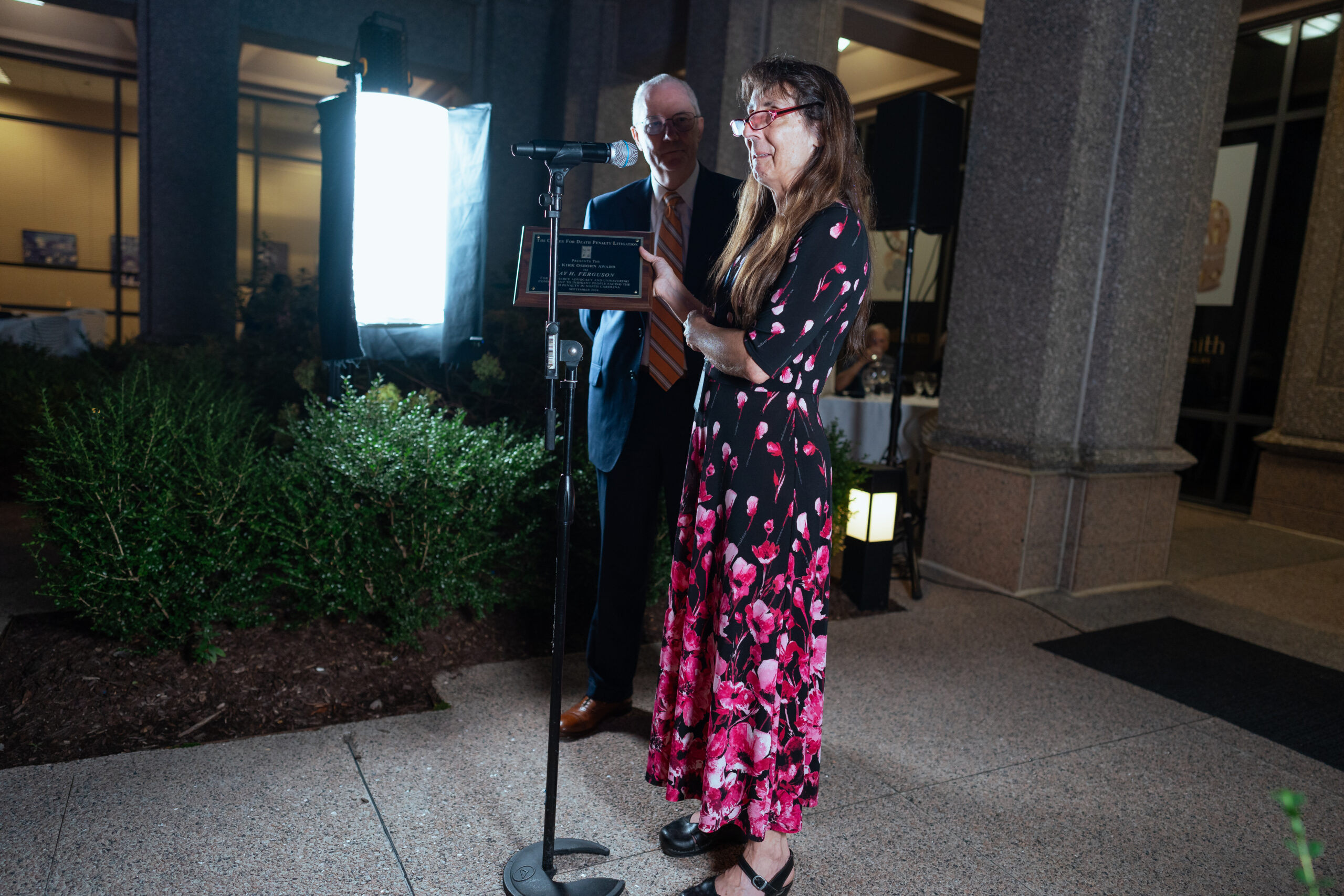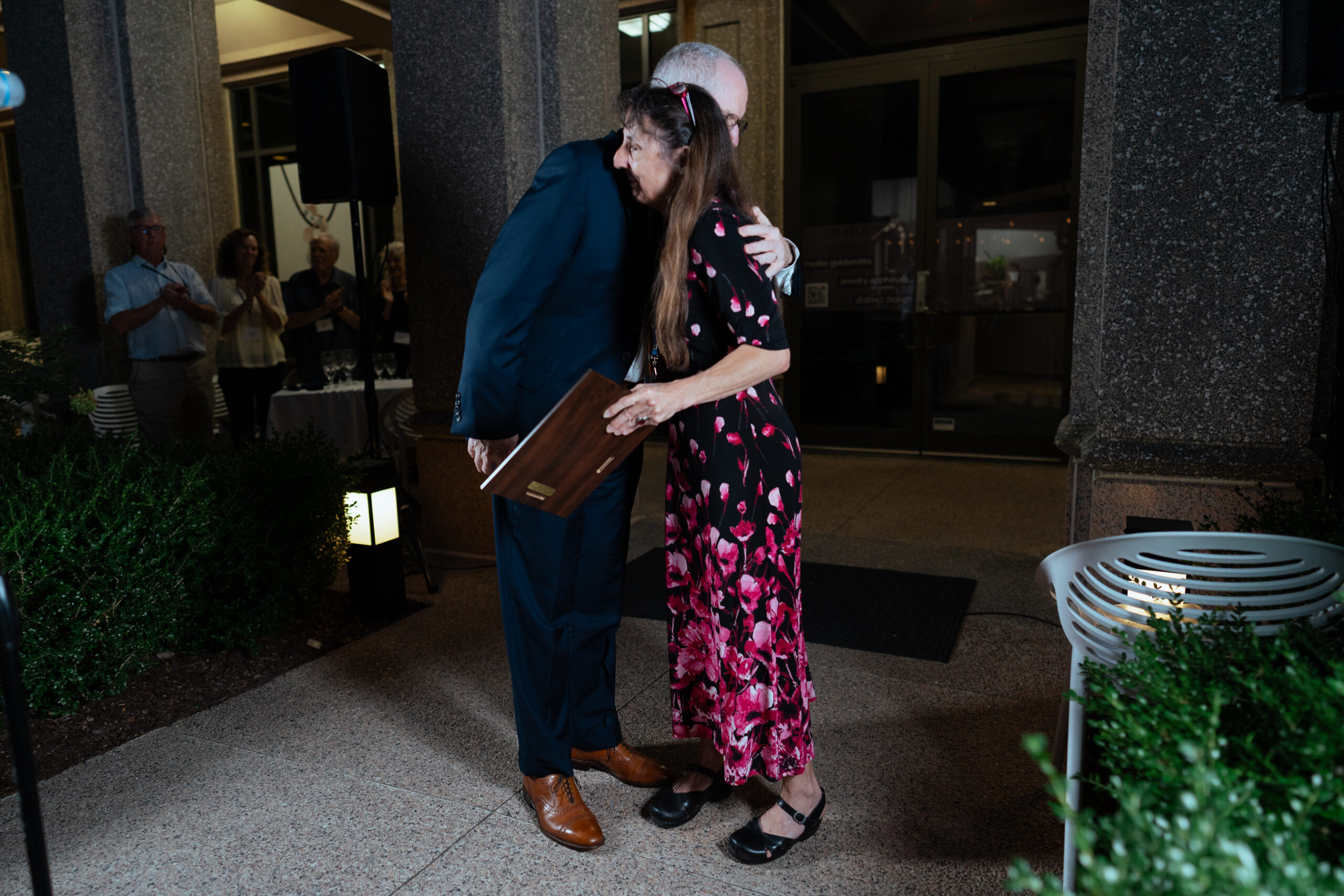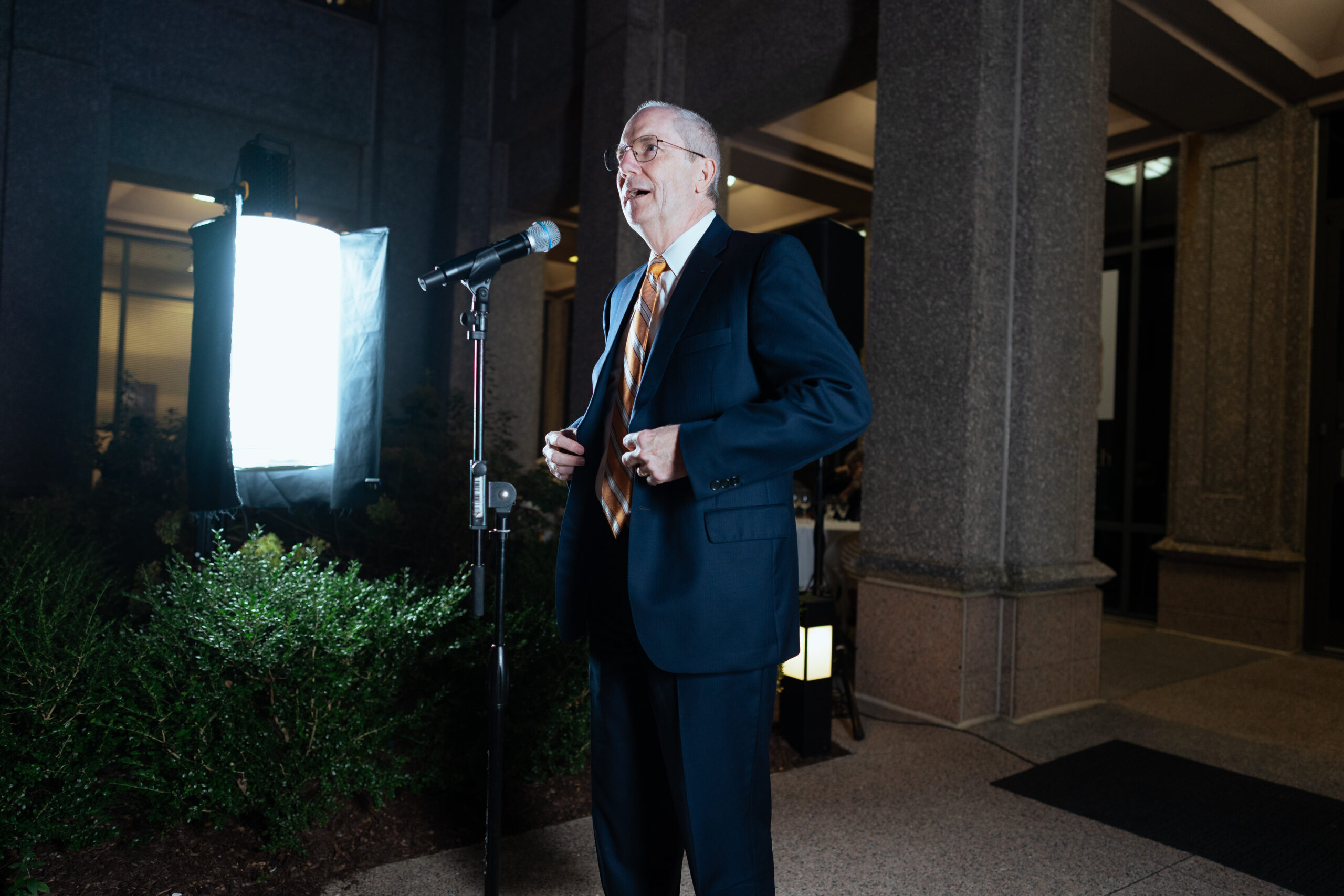
Kristin Collins is the outgoing director of public information at the Center for Death Penalty Litigation. As she prepares for new adventures in sailing and writing, we asked her to reflect on her time at CDPL.
In my nearly 15 years of working in death penalty communications, my goal was always to change other people’s hearts and minds. With the stories I told, I aimed to shape policies and public opinion — to help create a society that no longer sentences people to execution. Now, as I prepare to leave my job at the Center for Death Penalty Litigation, it’s difficult to measure how much success I had in those areas. In the end, there is only one outcome I feel truly certain about: This work transformed my heart and mind.
I grew up on a cul-de-sac in suburban Pennsylvania in a family that was the opposite of counter-cultural. My main activities outside of school were watching TV and going to the mall. If I learned anything about the American criminal “justice” system, it was that anyone who got arrested must have done something to deserve it. In other words, I’m the last person you might have expected to end up marching in the streets to end the death penalty.
Before I joined CDPL, I spent 13 years as a newspaper reporter, where I began to learn about the world beyond my cul-de-sac. At my first job in the late 1990s, I covered crime and courts in Lenoir County, North Carolina. The injustices were so glaring that even I couldn’t help noticing them. One of my first big assignments was to cover the capital trial of a Black man the prosecutor described repeatedly as a “drug dealer from New York.” At the end of the trial, I wasn’t persuaded that he was guilty. Yet, he got a death sentence and remains on death row today. When I moved to the News & Observer in Raleigh, I covered immigration, which gave me the opportunity to meet undocumented immigrants, refugees, and horribly exploited workers. Yet, despite all the stories I wrote, my real education didn’t begin until 2010, when I started as a part-time contract writer for CDPL.
I was hired just as the first round of Racial Justice Act claims were filed. My job was to sort through clients’ stories and find those that best exemplified the death penalty’s racism. It was quite an initiation for a person who barely understood the meaning of the term “systemic racism.” As I read case summaries and legal pleadings, the facts of the crimes leapt from the pages, obscuring my view of the humanity beneath. Yet, people like Gerda Stein and Ken Rose didn’t write me off as clueless. Instead, they spent long hours explaining how the legal system works, describing the backgrounds of our clients, helping me see that crime springs not from evil but from pain.
A few personal stories Kristin shared over the years:
- A sermon at the Unitarian Universalist Fellowship of Raleigh
- Op-ed: Jurors sent an innocent man to death row. Now they ask: “Where did we go wrong?”
- Blog post: I’m still learning what freedom really means for the wrongfully convicted
In 2014, I got the ultimate lesson in the death penalty’s cruelty. I was in the courtroom when Henry McCollum and Leon Brown were declared innocent more than 30 years after being sentenced to death. These two brothers were still children when they were stolen from their home and bullied into confessing to a rape and murder they had nothing to do with. It was my privilege to help Ken Rose express his feelings about having a client exonerated after three decades on death row.
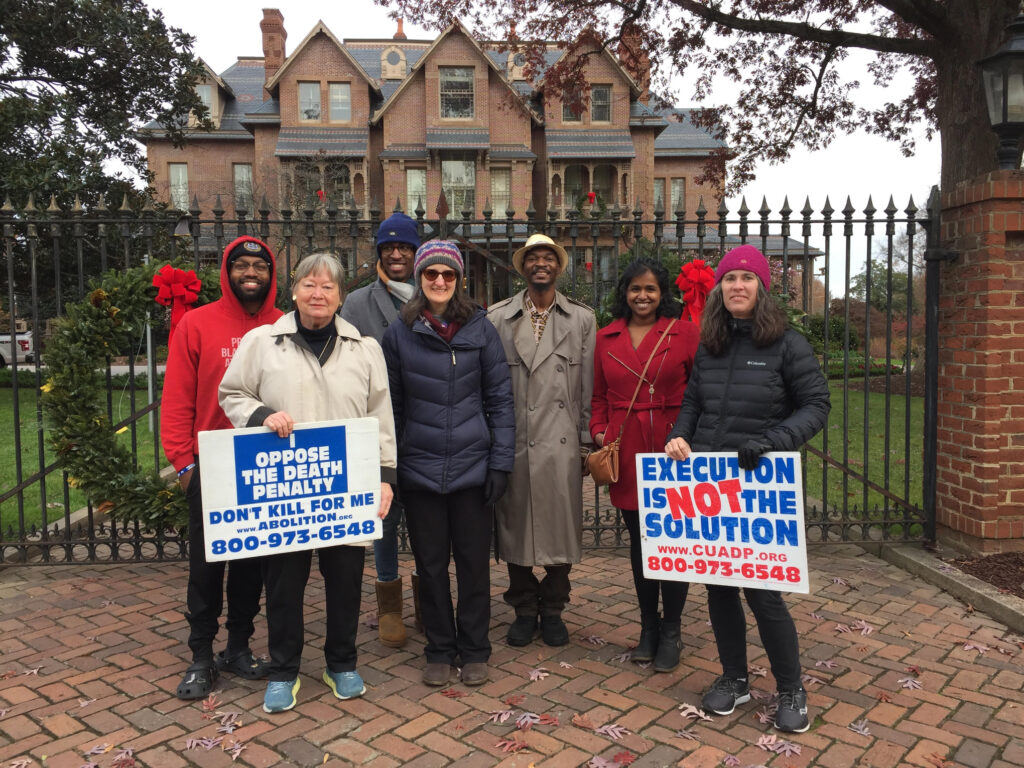
I’ve had countless experiences working for CDPL that have reshaped my view of the world. Racial equity training changed not just my understanding of American history but of my own family’s story, revealing how whiteness influenced every aspect of my life. Visiting death row showed me the kindness, creativity, and deep humanity of the people we sentence to die. Hearing their life stories, I became aware of the immense suffering that our society inflicts on poor families, especially children.
However, the most transformative experience was one that accrued slowly. It came from watching my coworkers and fellow advocates. The reality of working against the death penalty in the American South is that, more often than not, you lose. Yet, my colleagues remain undaunted, refusing to give up even after heartbreaking losses, even when cases stretch on for decades, or when leaders fail to hear our calls for action. They work without any expectation of accolades or personal gain. They take the hardest cases without complaint. They not only defend the most despised people in our society, they love them.
During my years at CDPL, I contributed to many projects of which I’m proud: Racist Roots, the statewide Racial Justice Act litigation, the campaign calling on Gov. Roy Cooper to commute death row, which resulted in 15 people being resentenced to life. However, what I take with me is not a list of accomplishments, but a few key lessons I learned from this community: Err on the side of offering grace and forgiveness. Put ego aside. Work for what’s right rather than what’s possible. Listen deeply to people’s stories. Always keep widening the circle of compassion. And never forget that our capacity for love is our greatest power.




